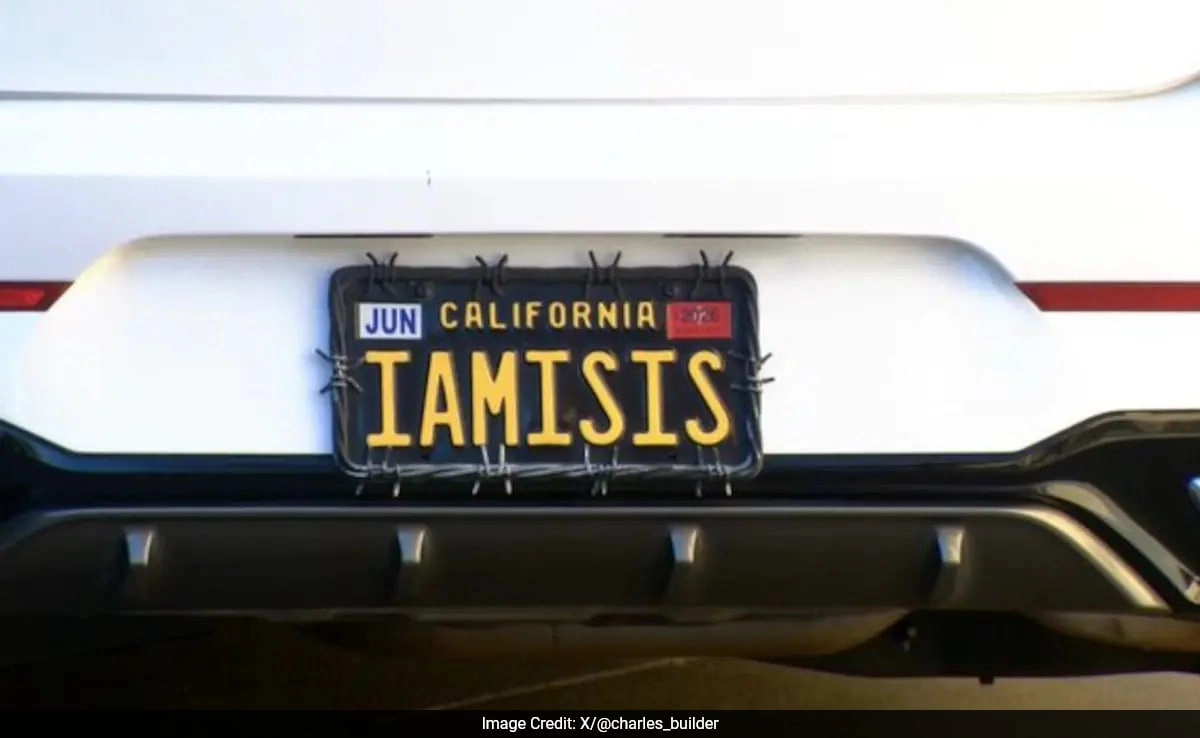In a historic moment for interfaith relations, Pope Francis signed the Havana Declaration, marking a significant step towards healing the longstanding rift between the Catholic and Orthodox churches. This event, which took place during the Pope’s visit to Cuba in 2015, represented a commitment to unity and mutual respect between two of Christendom’s largest branches. The signing was not merely a ceremonial act but a profound acknowledgment of the theological and cultural divides that have persisted for nearly a millennium. By engaging in dialogue and reconciliation, both leaders aimed to address the historical grievances that had fueled animosity and division since the Great Schism of 1054.
The Havana Declaration emphasized key areas of common ground between the two traditions, focusing on shared beliefs and the importance of collaboration in addressing contemporary moral and social issues. Pope Francis and Patriarch Kirill of Moscow sought to highlight the necessity of solidarity in a world increasingly marked by secularism, conflict, and social injustice. Their joint statement called for greater cooperation in promoting peace, addressing humanitarian crises, and fostering an environment where both churches could work together to combat the rising tide of extremism and disenfranchisement affecting millions globally. This collaboration was seen as vital not only for the faithful of both churches but for the broader society.
Moreover, the signing of the Havana Declaration served as a powerful reminder of the importance of dialogue in overcoming historical divisions. It encouraged a re-examination of the past, urging both Catholics and Orthodox Christians to move beyond their differences and focus on their shared mission of spreading Christ’s teachings. The event was a significant milestone, paving the way for future discussions and initiatives aimed at fostering unity among Christian denominations. Pope Francis’s commitment to ecumenism resonated deeply, signaling a willingness to engage with other faiths and seek commonality in a world often divided by religious boundaries.
In conclusion, the Havana Declaration stands as a testament to the potential for reconciliation within Christianity. It reflects Pope Francis’s vision of a more inclusive and collaborative church, one that acknowledges the importance of unity in addressing the pressing challenges of the modern world. The act of signing this declaration not only represented a historical moment but also served as a beacon of hope for future generations, illustrating that even the deepest divides can be bridged through understanding, respect, and a shared commitment to the core tenets of faith.




